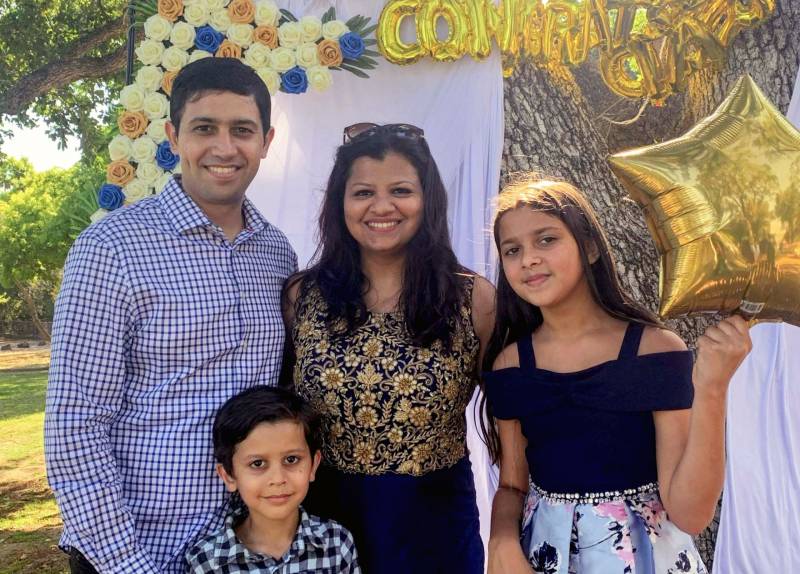But even though the EAGLE Act is widely supported by business interests, its future is not assured. A similar bill failed to make it to President Trump’s desk in 2019. And due to the way partisanship has frozen Washington, D.C., it’s become difficult for Republican lawmakers to publicly support a hot-button issue like immigration reform.
While the EAGLE Act may not move forward as a stand-alone bill, according to a Democratic staffer who asked not to be identified, there’s a plan to fold in elements of the bill when the Senate sends its budget to the House for reconciliation, sometime in September. Lofgren was one of roughly a dozen lawmakers lobbying President Biden over the summer for various immigration reforms. It’s too soon to say which parts of the bill might survive these negotiations.
The EAGLE Act also includes reforms to the contentious H-1B visa program, which allows foreign citizens in specialty occupations, like computer engineering, to work in the U.S. temporarily. Silicon Valley employers have long taken advantage of people on these visas — and often hire them instead of American citizens who expect better pay and working conditions. The changes the EAGLE Act would make are not enough to mollify critics like protectionist John Miano, a computer programmer turned lawyer who’s sued multiple administrations over immigration policy.
Among other things, he dislikes the fact that a 1990 law allowed employers of H-1B and L-1 visa holders to apply for green cards for those workers. That extended the U.S. stay of those employees while the applications are processed, and it gave hundreds of thousands of foreign workers like Nambiar hope of a permanent life here. But it also swamped the waiting line for employment-based green cards. The EAGLE Act, Miano argues, would not change that.
“The fundamental problem is that we have a guest worker system, and we have a permanent immigration system. The guest worker system is larger than the permanent immigration system,” said Miano. “They used to be separate. You take a large system and you pour it into a small system, and you can see what happens.”
Comedian John Oliver, who came to the U.S. on a work-based visa himself, explained this dynamic in a 2019 episode of his show “Last Week Tonight.”
“I can tell you from experience here, living on a visa can be very stressful, and involves having to jump through endless, costly hoops,” Oliver said.
When his employer finally presented Oliver with a green card, he said he nearly burst into tears from relief: “That is when I realized I’d been worried about my immigration status every single day.”
So what do those in the epic queue for a green card think of the modest ambitions of the EAGLE Act?
“I feel [if a] Band-Aid is the approach, then [so be] it,” said Leena Bhai of Sunnyvale. Her family has been waiting on her husband’s green card application for five years. “Is comprehensive reform even possible? If not, let’s just work with what we can.”
One of Bhai’s children was born in the U.S., the other in India. If they don’t get their green cards before the child born in India — now 6 — turns 21, he will lose his dependent status, and will have to return to the country of his birth to file his own green card application.
At the very least, Bhai says, she’s hoping federal lawmakers make clear whether they want families like hers to stay permanently. Because if not, she and her husband are likely to move their family to another country — one where they can feel secure that their young children will be welcome to go to college when that day comes.

